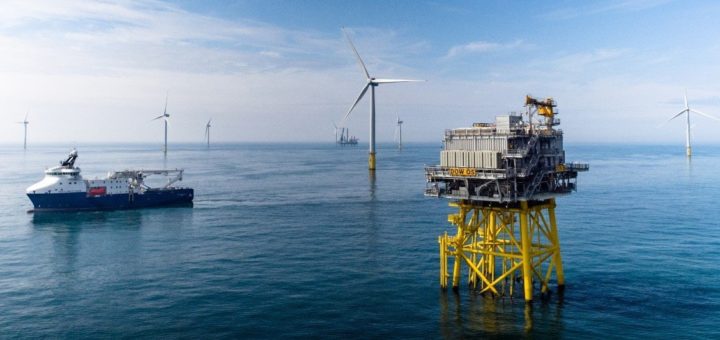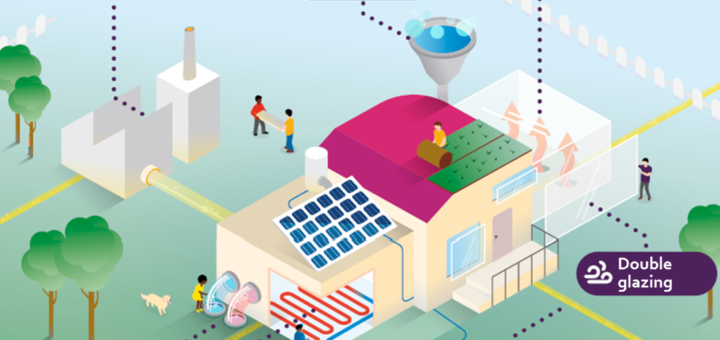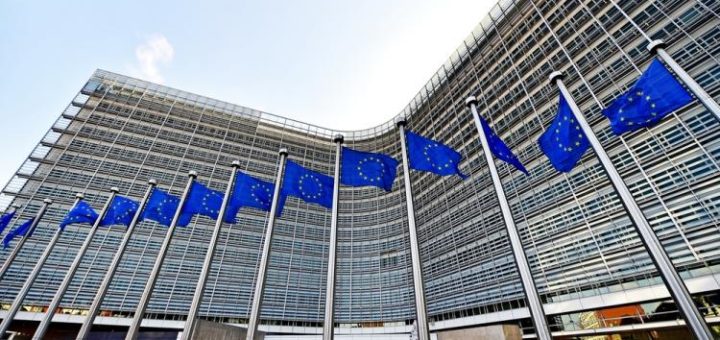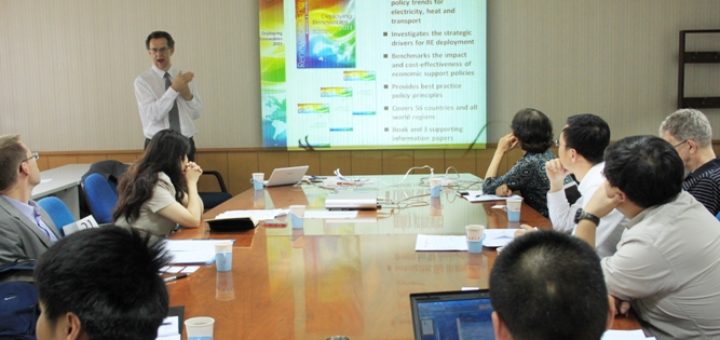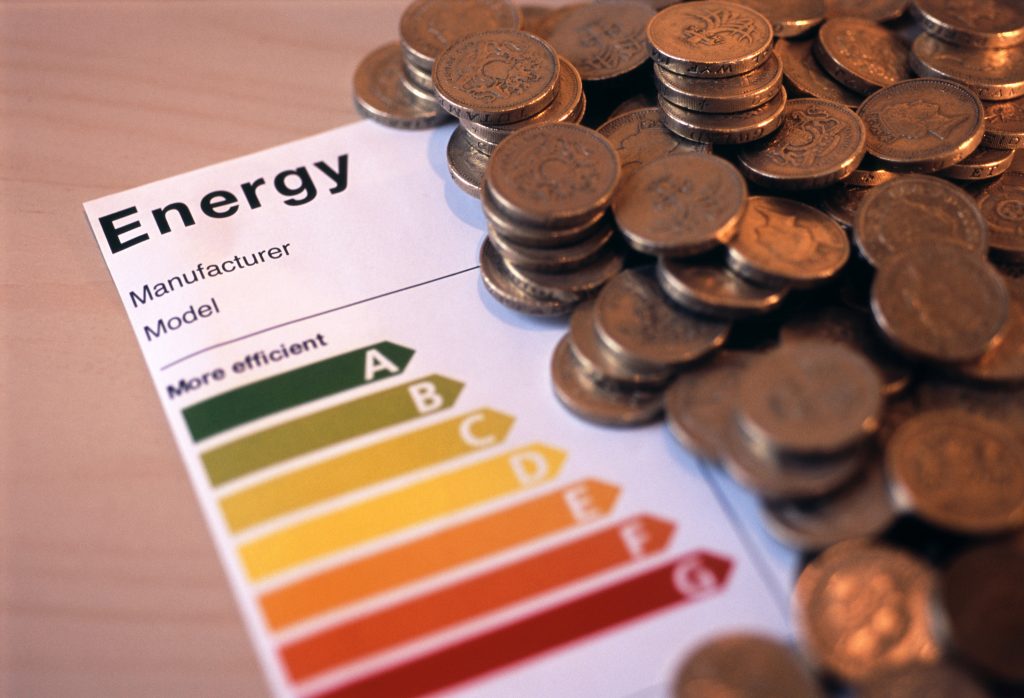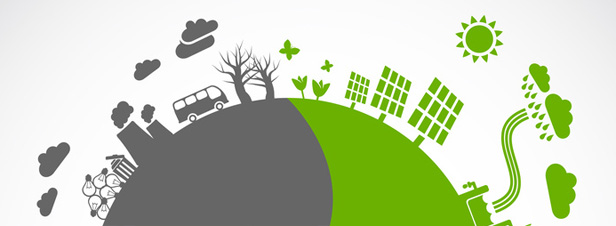The ‘Winter Package’ in the EU focusses on clean energy for all Europeans and contains specific goals for energy and climate and calls upon Member States to formulate Integrated National Energy and Climate Plans (INECPs). Case study findings in support of INECP formulation are assessed in this report of three case studies: Greece, Austria and the Netherlands.
Erwin Hofman
Evaluation of climate change mitigation policy is critical for how well policies and measures work. Offering insights in the functioning of policies can enhance the transparency of policy implementation, which is essential to gain citizens’ support for those policies. The CARISMA project team carried out a meta-analysis of climate policy evaluations in EU Member States and found that the energy sector is dominant in policy evaluations. Supports future EU legislative proposals and accompanying impact assessments.
About 96% of all households in the Netherlands are heated using natural gas and is still the European Union’s largest natural gas producer. The demand for heat will have to be filled in another way than using natural gas and lot of existing buildings will need to be retrofitted. The transition will also have huge social implications, as it will affect the houses of seven million households in the Netherlands.
Climate change governance requires the involvement from many actors and institutions on various levels, the European Union needs this to mitigate climate change. There are challenges to the EU’s climate governance and leadership regarding policies, interests, and lack of appetite for further integration. The EU can address these challenges internally, by increasing its climate mitigation ambitions, and externally, by reclaiming the mantle of international climate leadership.
Innovation in mitigation technologies is seen as a critical contributor to achieving the ambitious GHG reduction goals of countries outlined in the Paris Agreement. The CARISMA project has analysed collaboration initiatives from governments, industries, and regions, each with different characteristics, to identify criteria for effective collaborations between the EU and emerging countries. The main finding of the analysis is that there is no unique pattern that could correspond to every good practice of collaborations.
An assessment of national, regional, and local needs for the implementation and improvement of energy efficiency policies in the EU was conducted regarding policymakers’ needs were identified and analysed to help Member States to implement useful and successful sustainable energy policies. A SWOT analysis was conducted for experiences in the development and implementation of energy efficiency policies at regional and local levels.
One of the 15 case studies of the EU-funded TRANSrisk project on transition pathways for climate change mitigation strategies is focused on the biogas sector in Indonesia. In this article, we explore the emissions reduction potential of a wider implementation of biogas in Indonesia.
This article assesses the existing Energy Efficiency Obligation Schemes (EEOS) in different EU countries to find good practices and lessons learned that could be implemented in future policy frameworks.
There are many case studies on local and regional transitions. Until now, an overview of such case studies was missing. The EU-funded PATHWAYS project has created a database that allows for sharing information from previously done European case studies, in order to foster the reuse of the knowledge gained in previous studies.
In the framework of the POLIMP project, a policy brief has been published on the role of social acceptance in the acceleration of clean technology deployment within the EU.
- 1
- 2

